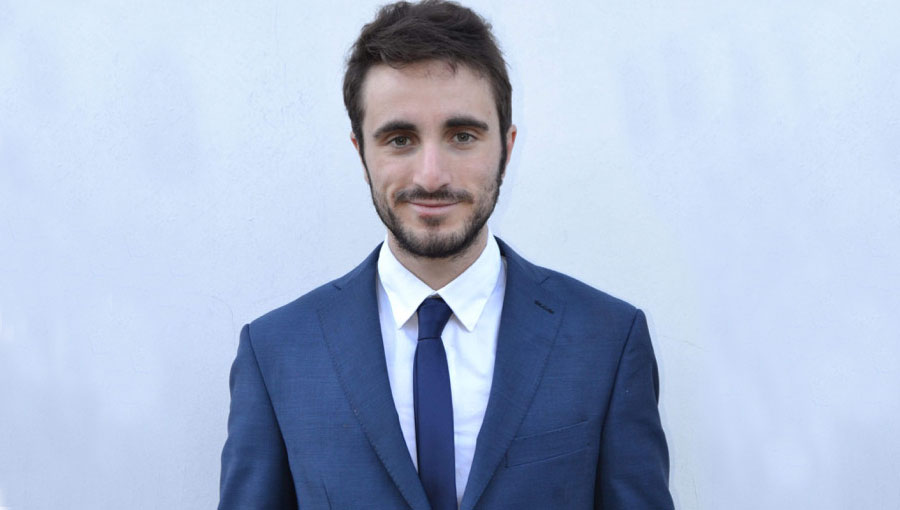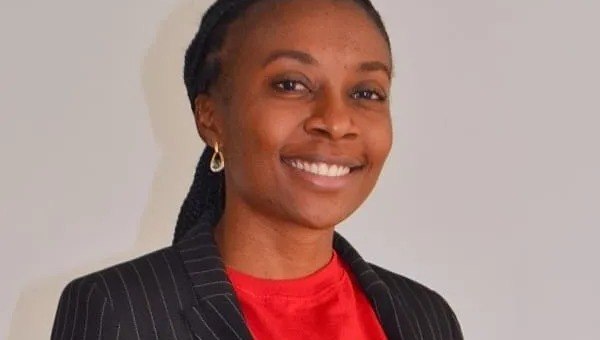Human Rights and Global Politics: Meet Alumnus Davide Orsitto
Davide Orsitto graduated from JCU in 2016 with a B.A. in International Affairs and a minor in Economics and Finance. He is a Ph.D. candidate in Human Rights and Global Politics at the Scuola Superiore Sant’Anna, in Pisa, Italy. Davide recently obtained a position in Rome at the Italian Ministry for Technological Innovation and Digital Transition to help implement the Italian Recovery plan (PNRR).

Davide Orsitto
Who or what influenced you to seek a master’s degree after graduating from JCU?
I have obtained an M.A. in International Security from the Scuola Superiore Sant’Anna, in Pisa, in a joint program with the University of Trento. While pursuing my M.A., I went on a student exchange program at the University of Paris I: Panthéon-Sorbonne. This joint master’s degree gave me a general knowledge of international relations, public policy, and economics, which allowed me to embark on a Ph.D. program in Global Politics. I chose this path under the supervision of JCU Professor Michael Driessen and the advice of Professors Isabella Clough Marinaro and Stefano Arnone.
Is there a professor at JCU who inspired you or helped you get where you are today? Did he or she teach you any important lessons?
Three names come to mind: Professors Michael Driessen, Isabella Clough Marinaro, and Stefano Arnone. Professor Driessen helped me discover my passion for political thought. Professor Clough Marinaro taught me how to write a thesis and how to question everything I was taught. Professor Arnone showed me that numbers are an essential tool for understanding reality.
How can you describe your day-to-day work at the Ministry for Technological Innovation and Digital Transition to help implement the Italian Recovery plan (PNRR)?
In my office, the Department for Digital Transformation (DTD), we are a unit of about 40 officials and government experts. My work spans from analyzing datasets, to writing reports on what deadlines need to be met, to editing administrative legal documents. Once I leave the office, I work on my Ph.D. thesis, which I must submit in 6 months. It is a fulfilling, yet very busy time.
Do you have any advice for current JCU students? Anything you wish you would have known?
Three things I wish I had known: 1) What happens at John Cabot University does not represent the outside world. John Cabot is a gold mine where you can develop so many skills, from foreign languages, to developing writing skills, to mathematics and statistics, while at the same time doing internships and understanding how the job market works. Take advantage of any possibility John Cabot offers, including membership in clubs and take all the extra classes you think are interesting; 2) For Italians studying at JCU, do not forget your mother tongue while learning English. Take some courses in Italian and learn useful legal/economic terminology, especially in Italian law and accounting, as they will be very important to pass national exams like the one that led me to the presidency; 3)Make a lot of foreign friends and go and explore other worldviews while you can. JCU offers you this opportunity.





